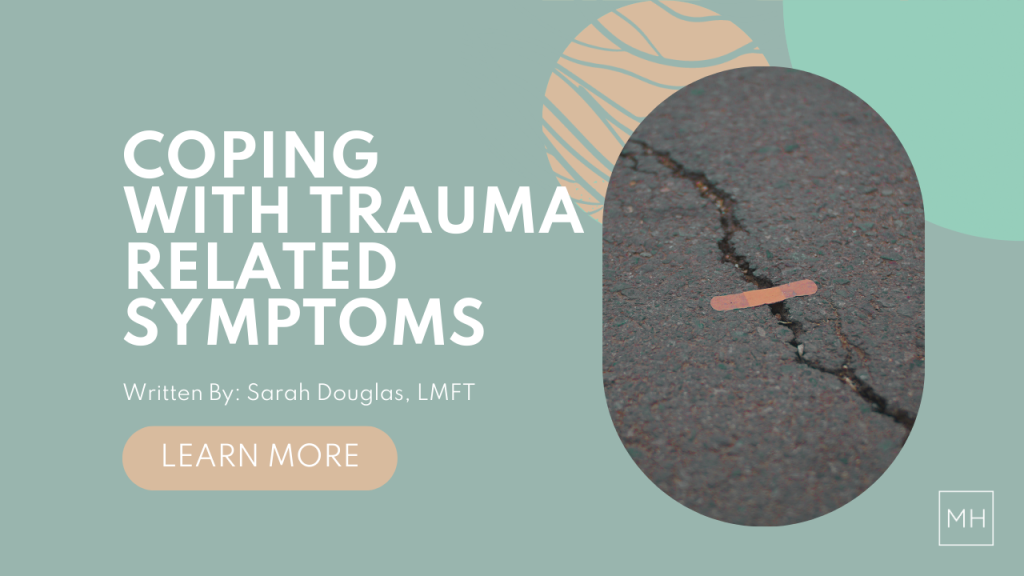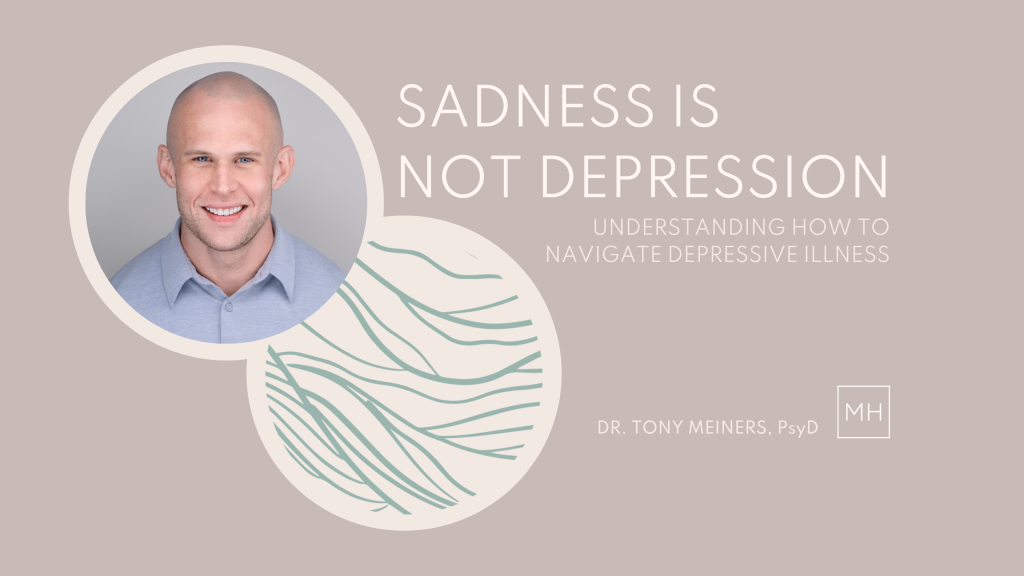According to the World Health Organization (WHO), nearly 800,000 people die by suicide every year. One person every 40 seconds. As the second leading cause of death for those between the ages of 15 and 24 years old, suicide continues to affect more and more people every year, making mental health care accessibility an increasingly vital component of our country’s healthcare infrastructure.
With COVID-19 sparking increased levels of anxiety and depression in individuals between the ages of 18 and 39 (Hartford HealthCare), it is critical that suicide prevention of a higher caliber will need to take place both during and post-pandemic. That said, the Federal Communications Commission (FCC) is taking steps towards one potentially life-saving initiative: a new three-digit number designated to reach the National Suicide Prevention Hotline (NSPH).
Likened to dialing 9-1-1 during an emergency, this particular hotline provides access to licensed professionals who specialize in handling emergencies related to suicide prevention. The hotline is still only accessible through its current listed number, 1-800-8255 (TALK), creating an inadvertent obstacle for those in need of the hotline and likely don’t have it memorized, or even the capacity to look it up once in times of crisis. The FCC feels this could make seeking help easier, and ultimately, save lives as a result.
FCC GOES TO A VOTE FOR SUICIDE HOTLINE 988
The FCC will vote on the decision to designate 9-8-8 as the new nationwide, three-digit number for the NSPH this week. This could be one of the first steps in bringing awareness to both the prevalence and gravity of accessible mental health care– something that has fallen to the wayside for all but mental healthcare professionals, individuals experiencing suicidal thoughts and behaviors, and their loved ones.
If you or someone you care about is exhibiting any of the signs or symptoms of suicidal thoughts or behaviors, it is important that you seek professional help. Signs of suicidal thinking can take many forms and can be the result of treatable conditions such as major depression, anxiety, or other mental illness. The American Psychological Association recommends awareness of risk factors including recent loss, changes in personality and routine, low self-esteem, lack of future hopes, and discussing dying. It is critical to learn potential warning signs and how to seek help, especially in the midst of this pandemic.
Written By: S. Mishkin
DO YOU HAVE A QUESTION?
Send our team a message or call 888.717.9355


